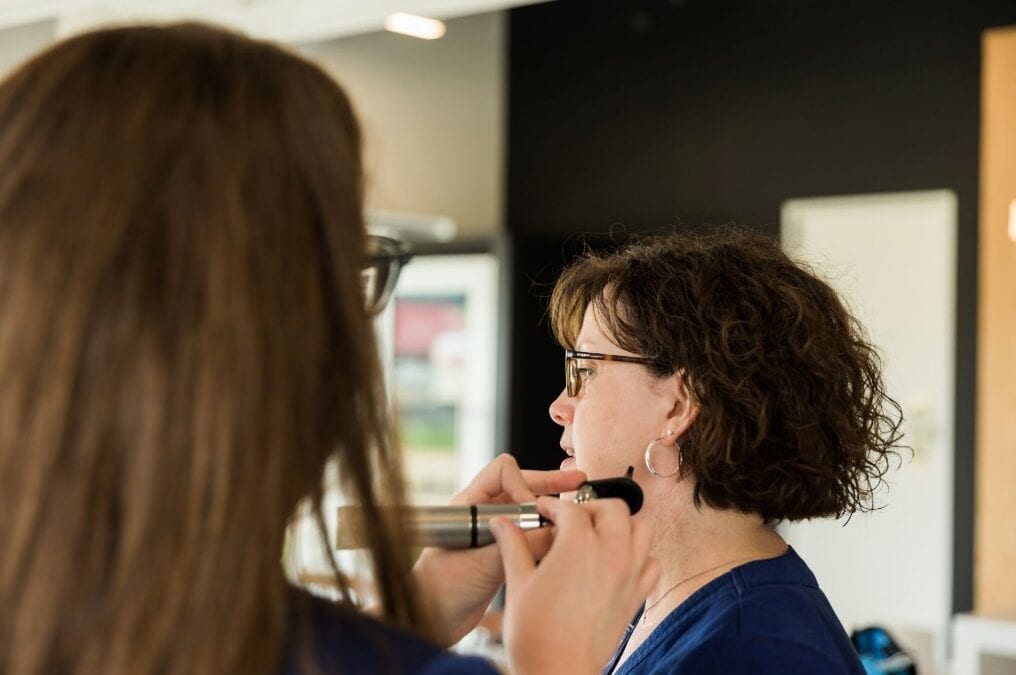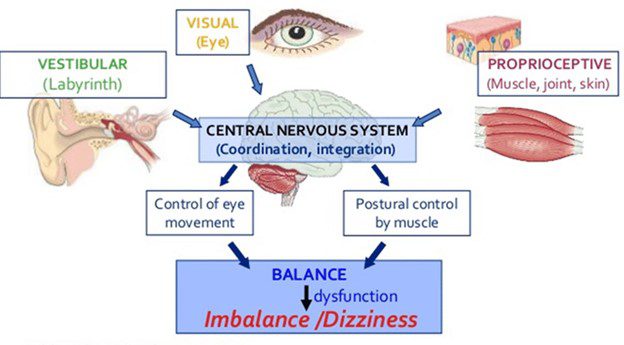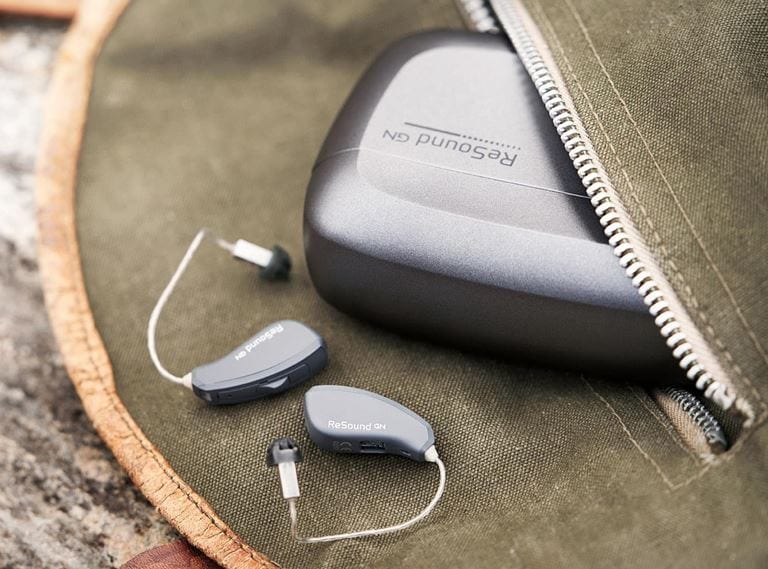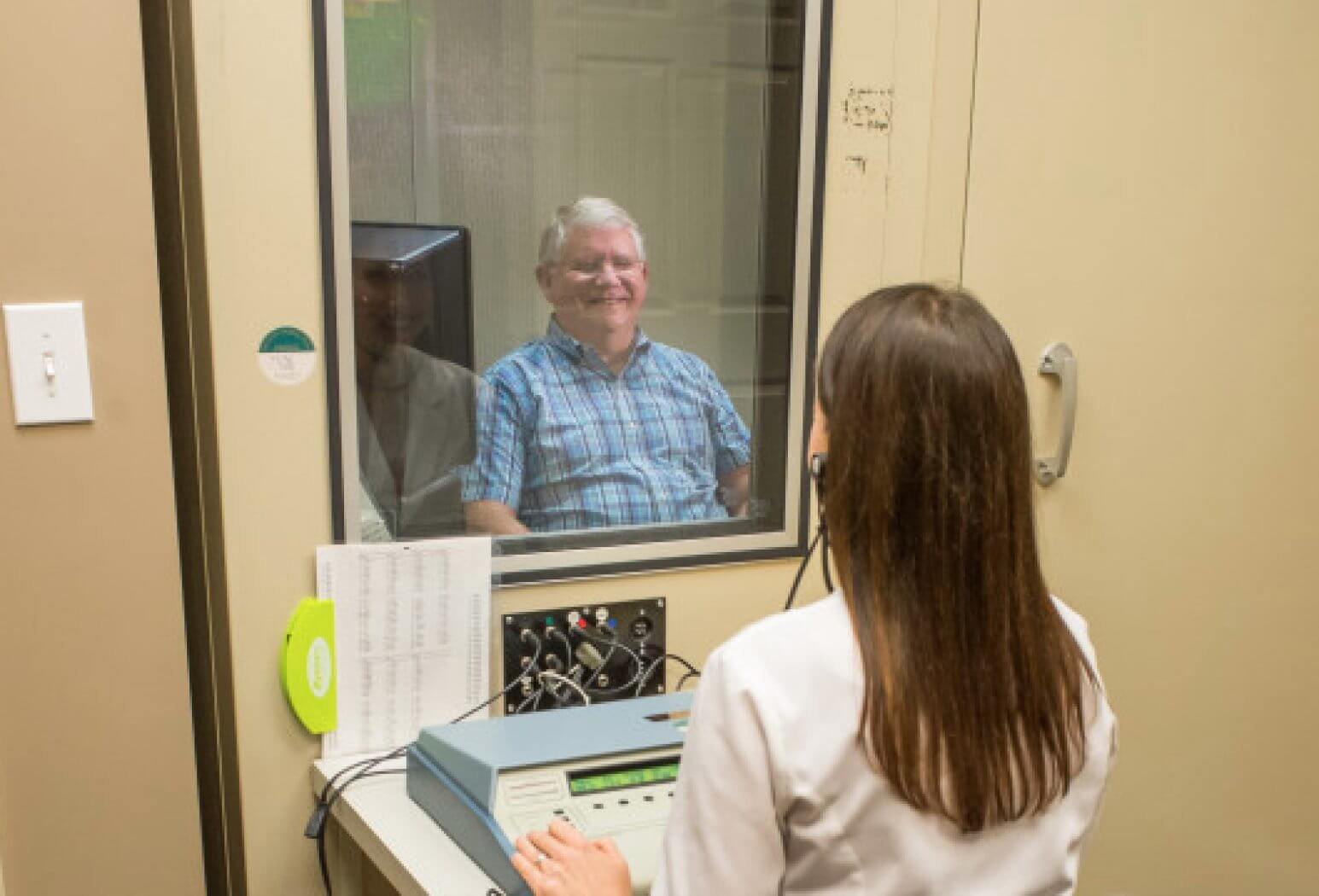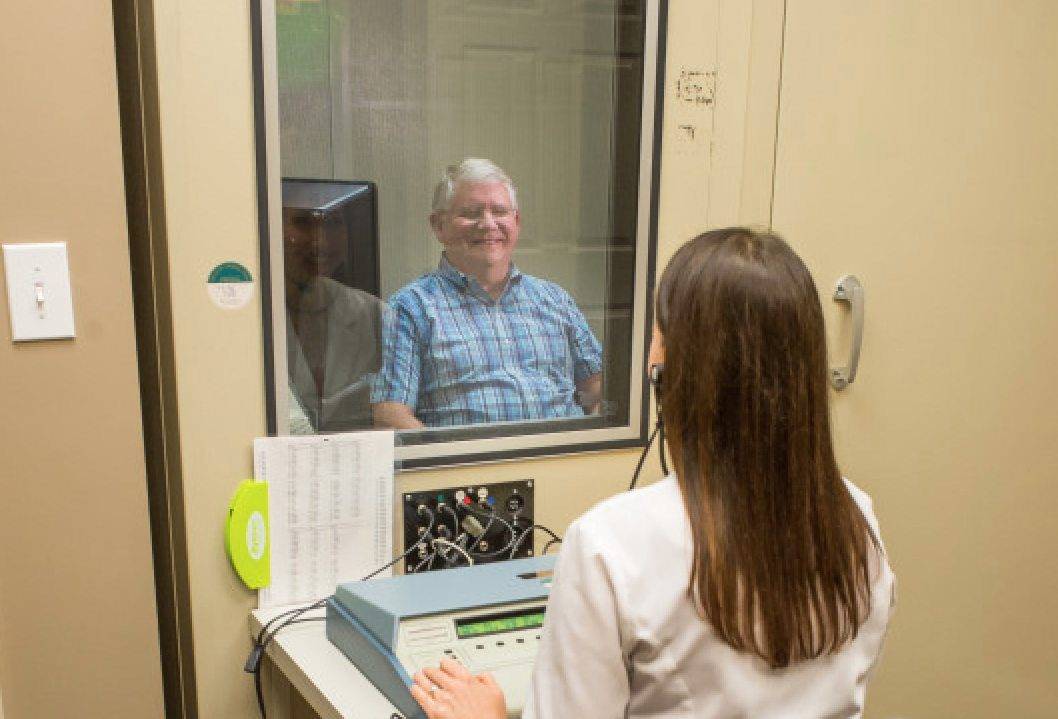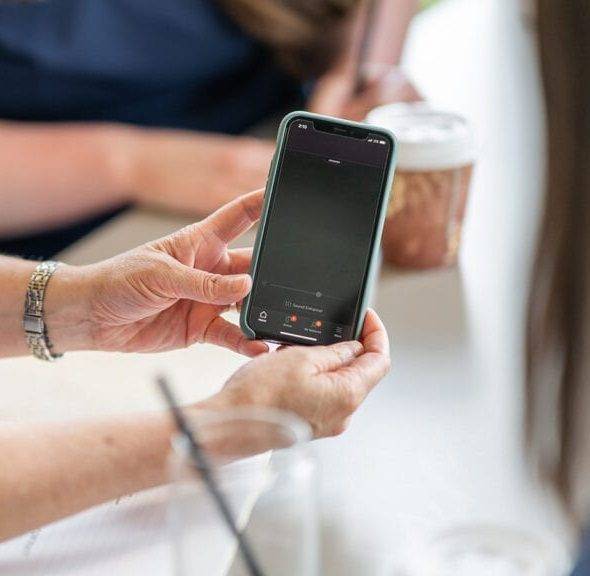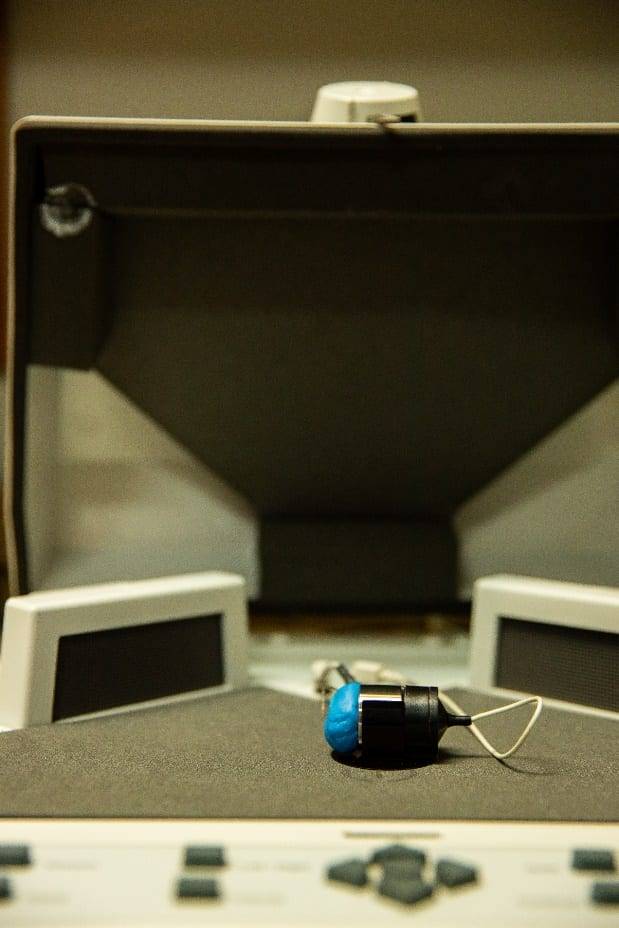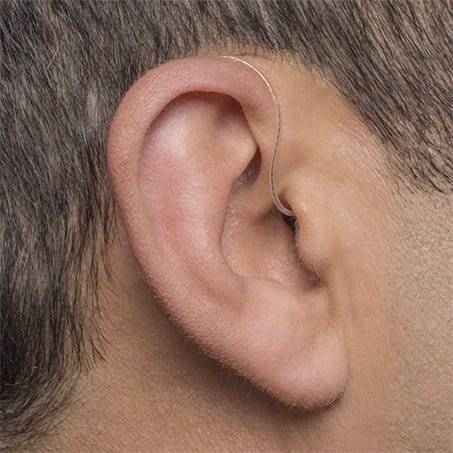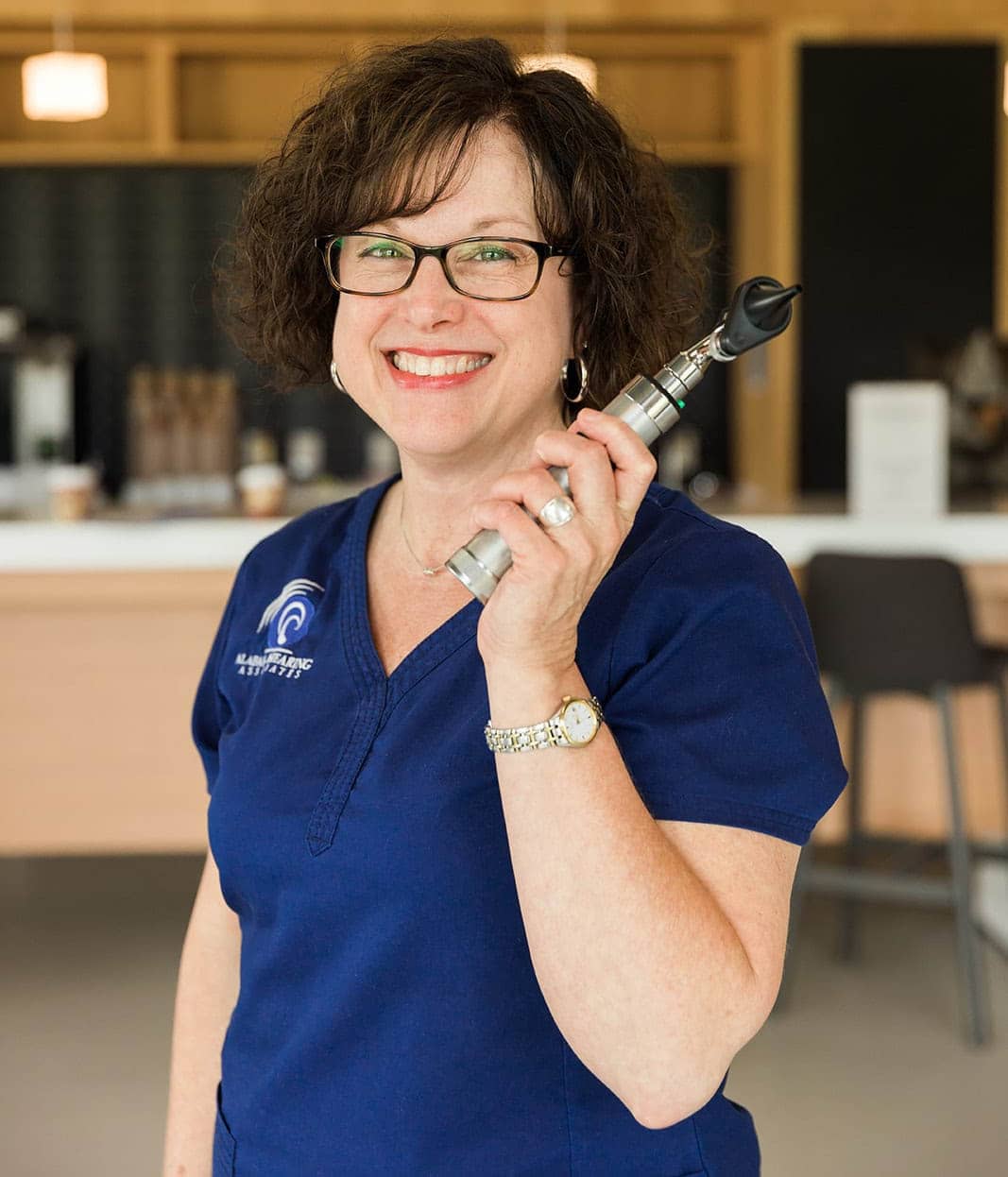October is National Audiology Awareness Month! Almost everyone knows that audiologists treat hearing loss, but did you know that we also can diagnose and treat balance disorders too? In this blog, we’re going to talk about the connection between hearing loss and the increased risk of falls.
According to the American Academy of Audiology, audiologists are the primary healthcare professionals who evaluate, diagnose, treat, and manage hearing loss and balance disorders in individuals of all ages. This is because balance is integrally linked to your hearing ability.
To better understand the connection between hearing loss and the risk of falls, we need to talk about the three basic senses that help the brain determine movement. The three basic “senses” that help your brain determine where you are and how you are moving throughout your environment: vision, proprioception (awareness of your joints, skin, and muscles), and the vestibular system (your inner ear).
Multiple studies have shown a strong relationship between hearing loss and the risk of falls. There are three likely causes for this association:
- The hearing and vestibular receptors are part of the same organ, so, often, damage to one part of the inner ear causes damage to the other.
- Poor awareness of the auditory environment can cause poor spatial awareness.
- The cognitive load of the hearing loss pulls attention away from the part of the brain that would typically be used for balance.
A recent study conducted by Johns Hopkins found that for every 10 dB decrease in hearing, the odds of falling increased by 140%. This means if someone’s hearing dropped from normal to a mild hearing loss there is almost a 3 times higher risk of falls. This is particularly concerning as mild hearing losses often go unnoticed.
Are there medical conditions that could affect my hearing or balance?
Many different medical conditions may affect your hearing and balance system. Diabetes is a perfect example of this. Just like high blood glucose can damage organs such as the eyes and kidneys, it can also damage the blood vessels in the inner ear. This makes it harder for signals related to hearing and balance to get to your brain. Hearing loss is twice as common in people with diabetes than it is in those who do not have diabetes. The risk of falls also increases with diabetes because of the damage it causes to the vestibular system and eyesight, as well as proprioception as it can affect the feeling in the extremities, such as the bottom of the feet.
What can I do right now for my balance and hearing health?
The easiest thing to do is to prevent the problem before it happens. For your balance, it’s recommended that you eat a healthy diet, continue regular check-ups with your primary care provider, engage in safe physical fitness (Tai Chi is particularly good for balance), and participate in local organizations that support balance health such as Steady for Life. If there is already a balance problem, or you’re concerned about your risk of falls, a fall risk assessment or vestibular rehabilitation with a physical therapist may be needed.
As for your hearing, it is best to always wear hearing protection in the presence of loud noise and decrease exposure to loud noise if at all possible; even things like switching from earbuds to headphones and lowering the volume of the music you listen to can make a difference. We also recommend that anyone 50 and older receive a baseline hearing evaluation, and hearing should be monitored regularly. If you have medical conditions such as diabetes, kidney disease, high blood pressure, cardiovascular disease, thyroid problems, or are regularly around high noise (even with hearing protection), it’s recommended that you have your hearing evaluated annually.
What if I already have hearing loss? Can treating my hearing loss reduce my risk of balance issues or falls?
In a nutshell… more research is needed! Frank Lin (the researcher from Johns Hopkins) hopes to find out the answers to this in a new study he is planning. He says, “What we do know is that there’s no downside to using hearing aids. They help most people who try them. And for those people, they can make all the difference in the world—allowing people to reengage with friends and family and to be more involved again.”
Although nearly 27 million Americans age 50 and older have hearing loss, only one in seven uses a hearing aid. We need to bridge this gap to improve the quality of life for those who are hard of hearing and lower the likelihood of falls. That is why we have hearing aids for any budget, including for those who wouldn’t typically be able to afford hearing aids through our local non-profit: Hearing the Call – Rocket City.

